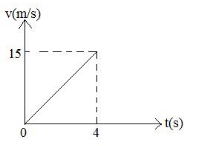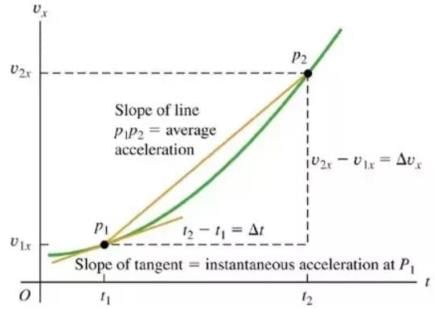Multiple Choice Questions (MCQs): Graphical Representation of Motion - JEE MCQ
10 Questions MCQ Test - Multiple Choice Questions (MCQs): Graphical Representation of Motion
Figure shows the displacement – time graph of a particle moving along X – axis.

The graph represents the velocity time for the first 4 seconds of motion. The distance covered is

A person goes from his home to his office taking one hour. There he works for 2 hours and then in half hour reaches home back. A representative displacement-time graph
Speed time graph of a particle moving along a fixed direction is shown in the figure below. The average speed of the particle over the interval: t = 0 s to 10 s.
The acceleration at any instant is the slope of the tangent of the ________ curve at that instant:
Slope of displacement time graph or x-t graph gives us the particles’ ____________.
Two balls of equal mass and of Perfectly inelastic material are lying on the floor. One of the balls with velocity V is made to strike the second ball. Both the balls after impact will move with a velocity
On velocity-time graph when two curves coincide, the objects will have
Linear inequalities are graphically represented on Cartesian plane by a
Which one of the following displacement-time graph represents two moving objects P and Q with zero relative velocity?















